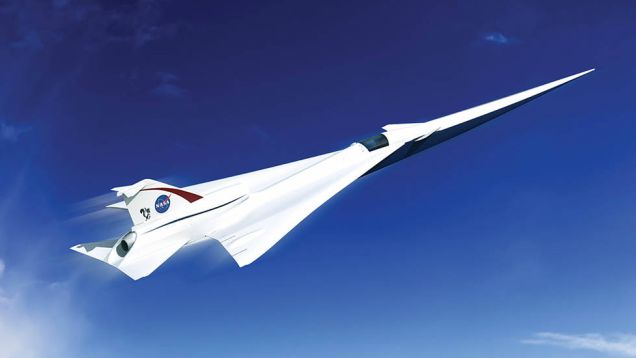
It takes a bold person to declare that interstellar travel is now within our grasp. Physicist Stephen Hawking has shown that he is just that, taking part in the Breakthrough Starshot initiative.

It's an exciting time to be alive if you're keen to watch humans get off this planet. A private space race is taking off, opening new pathways to orbit while sparking a burst of technological innovation. Even better, thanks to the magic of internet live streaming, we're watching history unfold in real time.

NASA has completed a major milestone on its journey to Mars and is ready to begin another phase of work on its spaceport of the future, where the next generation of astronauts will launch to Mars and other deep-space destinations.

There are many private space companies out there that want to start commercial space tourism but Amazon CEO Jeff Bezos’ wants to lead the pack. Bezos has said that Blue Origin expects to take tourists up to space as soon as 2018.

At the fifth time of asking, SpaceX's latest Falcon 9 rocket finally took off on Friday, March 4. Delays had seen the launch pushed back for almost two weeks, but it successfully launched at 6.35 p.m. EST (11.35 p.m. GMT) on Friday from Cape Canaveral Air Force Station in Florida.

Historically, the only way to get anything into orbit has been by rocket; a process that is massively expensive, cumbersome, and presents a slew of constraints.

NASA's new series of bullet-shaped X-planes are the first step towards trying to resurrect the dream of supersonic air travel.

Earlier this month, the White House's Office of Science and Technology assembled a strange gathering: scientists, artists, engineers, and policy-makers, for a workshop designed to imagine how humanity could settle the solar system.

A Japanese space telescope with X-ray vision sharpened by Canadian technology heads into orbit on Friday. Canadian scientists believe it will help them solve longstanding mysteries about black holes and supernovas.

A Webster company could soon receive NASA's blessing to build an airlock for the International Space Station that would launch small satellites and test experiments outside the station, while potentially providing an avenue for retrieving and repairing broken equipment.

Friday’s launch of the New Shepard rocket in West Texas renewed the tired debate about whether Blue Origin or SpaceX has achieved more in the reusable spaceflight game.
Astronauts and NASA personnel look the future and where they think the space program will go next.

NASA announced the creation of the Planetary Defense Coordination Office on Thursday. Pictured are orbits of near-Earth asteroids (blue) and potentially hazardous asteroids (orange).

This was a golden year for planetary exploration thanks to all of the NASA and European Space Agency missions that were planned and implemented decades ago. Not since Apollo and the epic space race of the Cold War has space featured so heavily in the public eye.